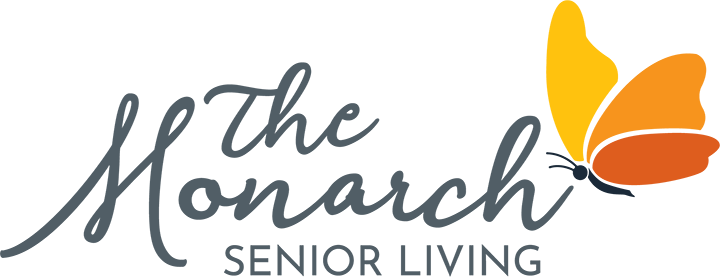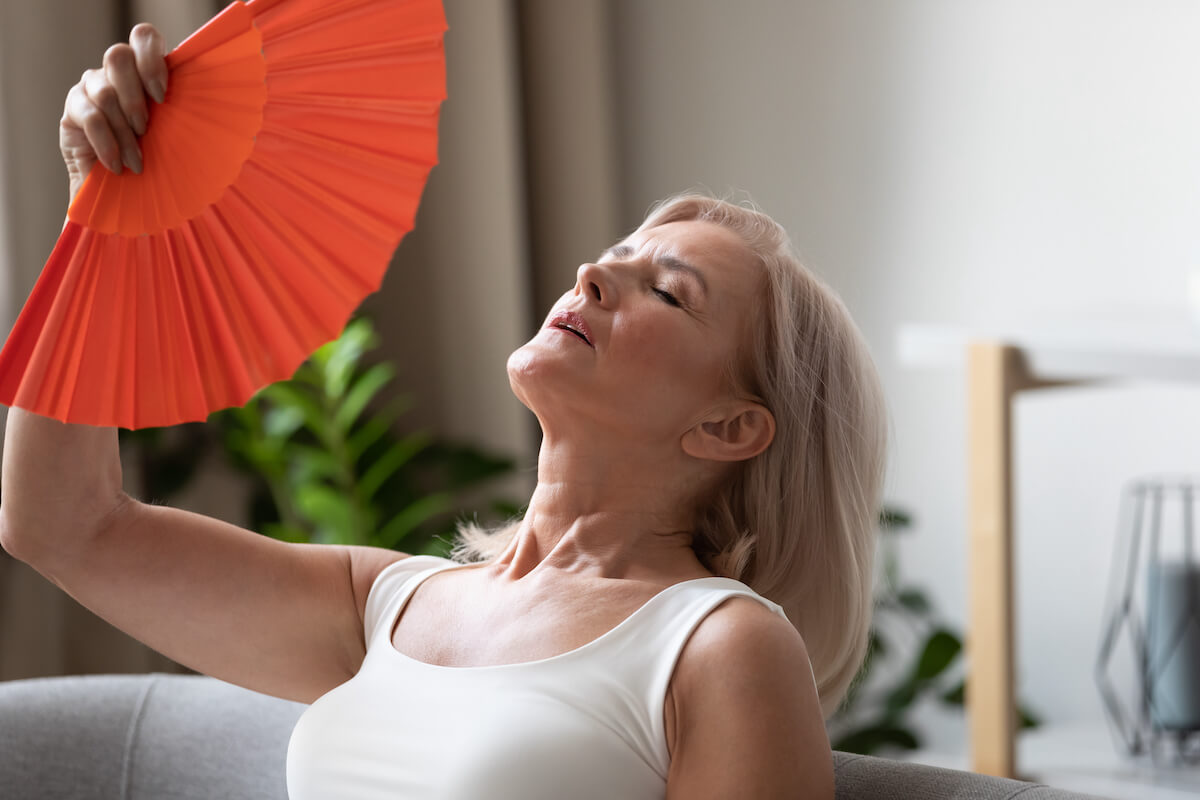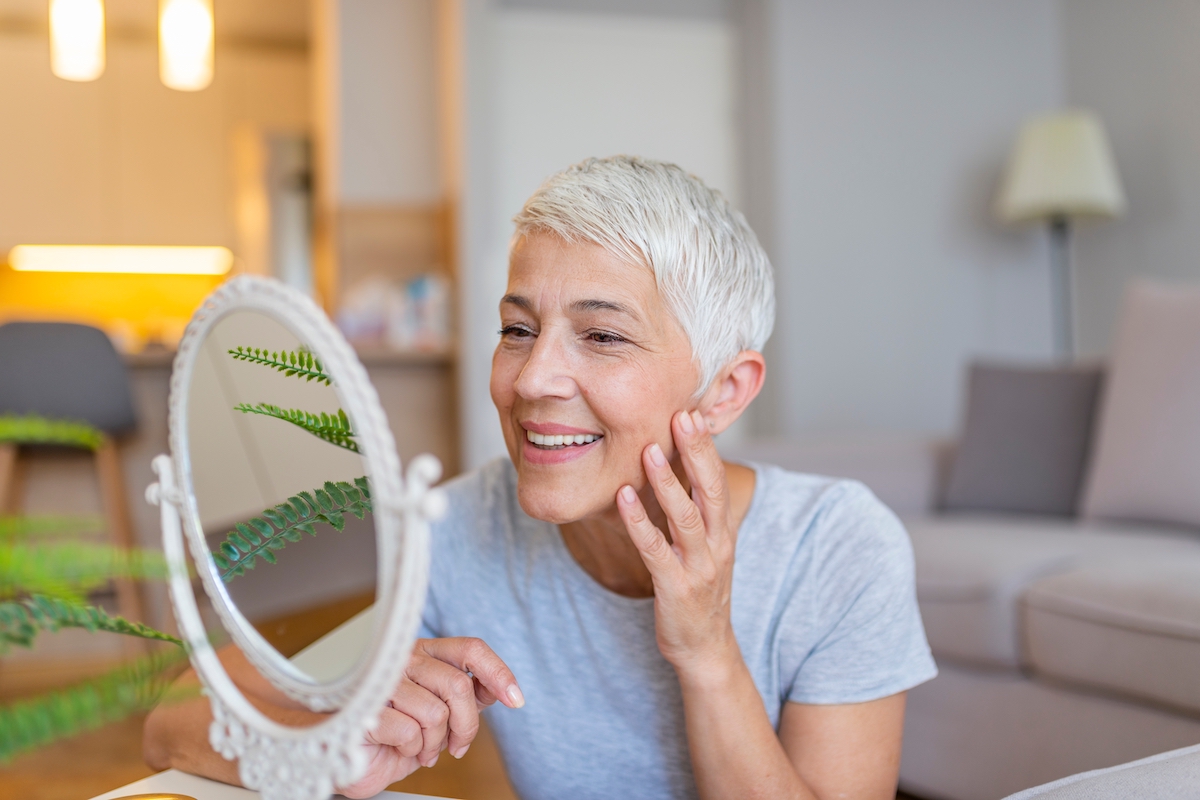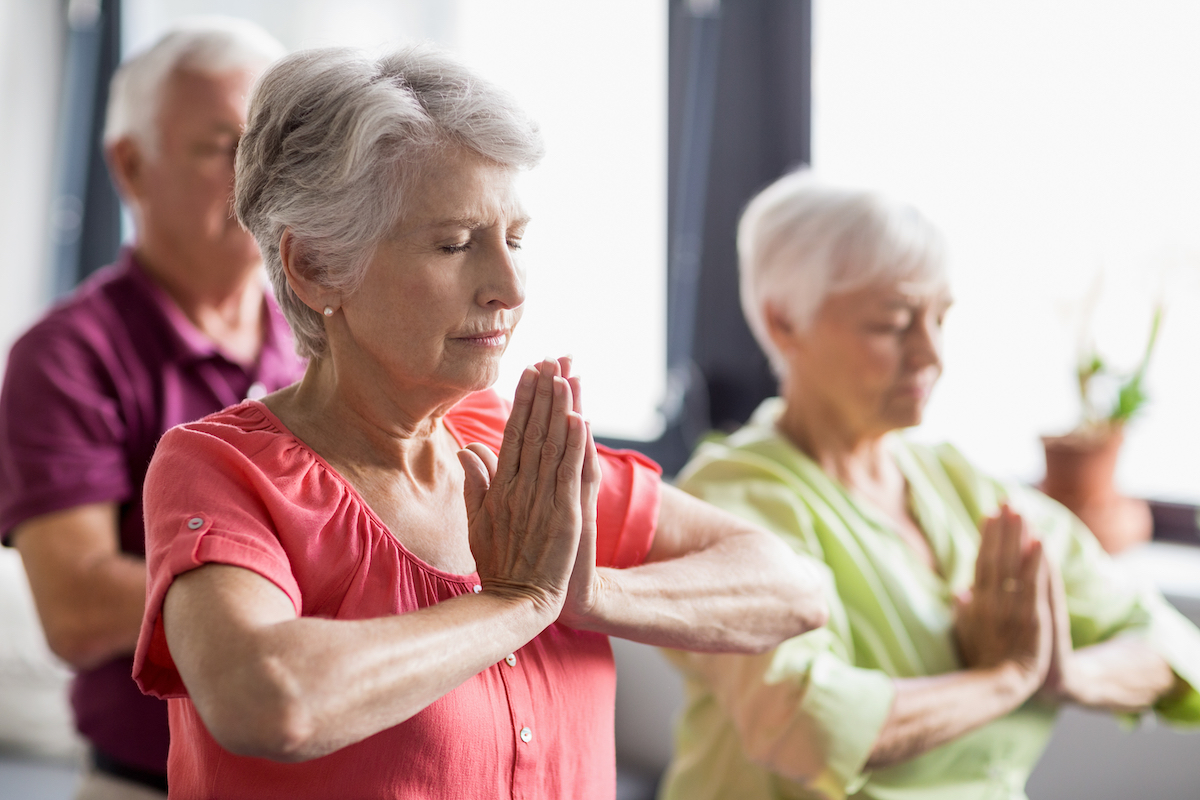Essential Summer Safety Tips to Implement this Season
Summer brings a sense of freedom and opportunity, offering longer days filled with warm sunshine and the promise of precious time spent outdoors with family and friends. However, the rise in temperature also raises certain health risks that cannot be overlooked. Ensuring a safe and enjoyable summer means taking steps to protect oneself from these potential hazards.
Our team at The Monarch Senior Living is exploring critical summer safety tips. Our goal is to empower individuals to enjoy the summer months to their fullest while prioritizing well-being.
Seven Summer Safety Tips to Beat the Heat
1. Stay Hydrated

Always have a water bottle within reach. The general recommendation from the National Academy of Medicine is for men to drink 13 cups and women to drink 9 cups of water per day, with one cup equating to 8 ounces. However, during the warmer months, it’s crucial to remember that our bodies expel moisture more rapidly due to increased sweating. This can lead to dehydration much quicker than one might expect, often catching individuals off guard. Dehydration starts before you feel thirsty, so always keep water readily available to avoid symptoms such as diarrhea, vomiting, fever, dry mouth, dark-colored urine, dizziness, and confusion.
2. Keep Cool
During the peak heat hours of 10:00 a.m. to 4:00 p.m., make it a priority to stay in air-conditioned settings whenever possible. If your home lacks air conditioning, consider visiting public spaces like libraries or shopping malls that offer a respite from the heat. Employing fans, indulging in cool showers, or draping a damp cloth around your neck are alternative methods to cool down and avoid heatstroke.
The Monarch Senior Living offers senior living communities throughout Texas and Nevada. These communities offer inspiring, secure, and well-ventilated surroundings that provide comfort and wellness throughout all four seasons.
3. Monitor Medication Side Effects
It’s important to be well-informed about the side effects of any medications you take. Some pharmaceuticals have the potential to increase your susceptibility to dehydration or enhance your sensitivity to sunlight, all risks that increase during the summer months.
Throughout our senior living communities, we provide medication management services to help residents avoid negative side effects and give family members peace of mind.
4. Dress Appropriately
To help your body stay cool, opt for lightweight, light-colored, and loose-fitting clothing. Fabrics that allow your skin to ‘breathe,’ such as cotton, are particularly advantageous for letting heat escape from your body, thereby assisting in temperature regulation.
5. Protect Your Skin
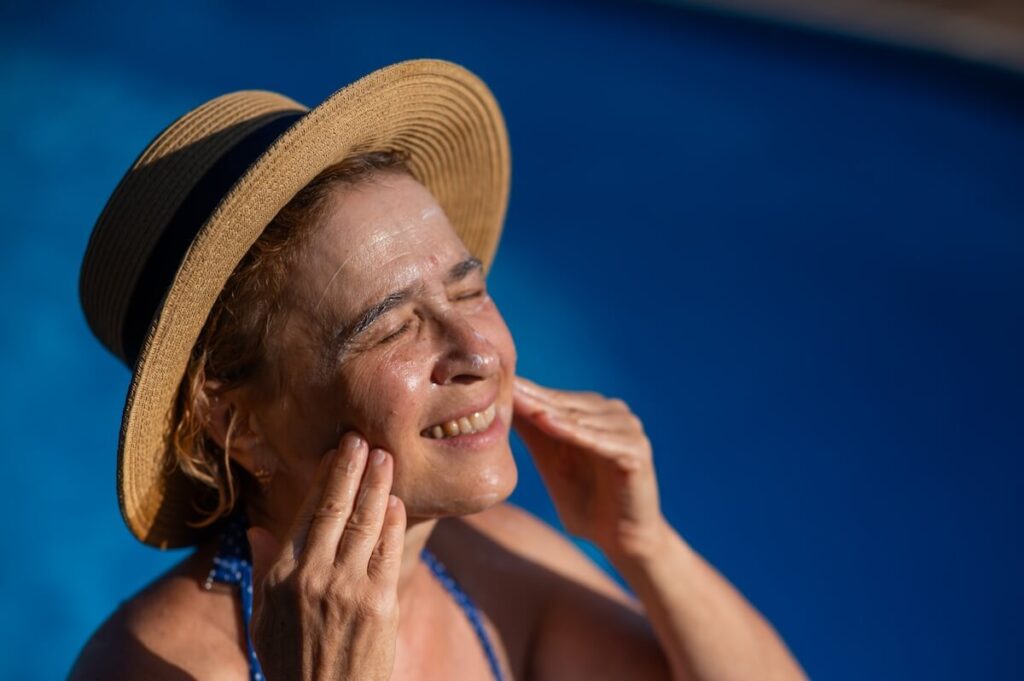
To guard against sunburn and long-term skin damage, apply a broad-spectrum sunscreen with an SPF of 30 or higher to all areas of exposed skin. It’s imperative to reapply sunscreen every two hours or more often if you’re swimming or sweating. Additionally, wearing a wide-brimmed hat and sunglasses provides extra protection for your skin and eyes from the sun’s harmful UV rays.
6. Stay Informed About the Weather
Regularly check the weather forecast and pay attention to heat advisories. Being aware of the day’s expected high temperatures can help you plan your outdoor adventures more carefully to avoid exposure during the most intense heat.
7. Be Cautious with Your Food
With the rise in temperature, food can spoil more quickly. To minimize the risk of foodborne illnesses, practice stringent food safety by refrigerating perishable items until needed. When dining outdoors, especially in temperatures above 90°F, never leave food unrefrigerated for more than one hour.
At The Monarch Senior Living, we pride ourselves on providing chef-prepared meals with fresh and local ingredients to residents in restaurant-style dining that embraces socialization. This allows residents to enjoy delicious and nutritious food throughout the day while fostering new connections.
8. Limit Dehydrating Beverages
Avoid excessive consumption of alcohol and caffeinated beverages like energy drinks, coffee, or tea. These beverages have diuretic effects that can lead to rapid dehydration, potentially causing various health issues. If you do consume these beverages, it’s important to stay well-hydrated by balancing them with plenty of water intake.
9. Be Aware of Warning Signs
Do not ignore the warning signs of heatstroke or heat exhaustion, such as nausea, rapid heartbeat, confusion, or dizziness. These symptoms could indicate underlying heat-related issues that require prompt attention.
If you experience any of these discomforts, seek medical assistance as soon as possible to ensure proper evaluation and timely intervention. Your health and well-being should always be a top priority, and early detection can lead to better outcomes.
—
If you or a family member are looking into senior living communities where residents are at the center of thoughtfully designed programs, luxurious amenities, helpful services, and unparalleled dining, we invite you to contact us at The Monarch Senior Living to learn more about what we offer.
